An easy-to-understand movie explains why incompetent people think they are the best

Previous studies have shown that people tend to fail to accurately assess their abilities, and especially tend to overestimate their abilities without abilities and skills. The
Why incompetent people think they're amazing-David Dunning-YouTube
What do you think you are good at, such as 'money management', 'reading people's feelings', 'health'?

Knowing how good you are, you will be able to tell where to believe in intuition, decision making, and situations where people should get advice.

When there is something wrong ...

You will be able to fix it properly.

However, psychological research conducted to date has shown that people are apt to accurately assess their abilities.

We often overestimate our abilities. This is called “

More than 100 studies conducted in the past have shown that people show dominance and make the judgment that “I am better than people”. The Dunning-Kruger effect explains these research results.
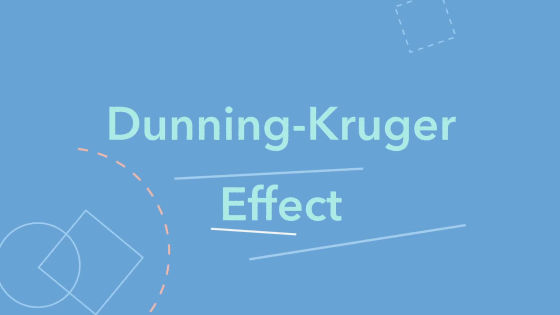
For example, in a software company, a survey was conducted in which engineers evaluated their abilities. In Company A, 32% of engineers evaluate their ability as “Top 5%” ...
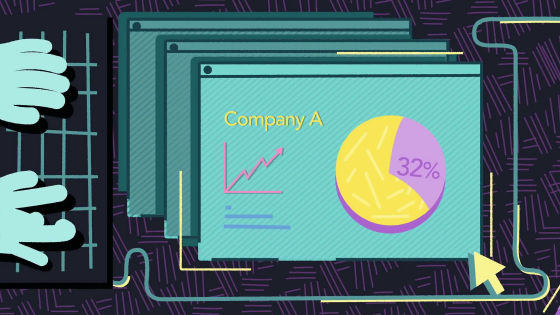
In Company B, 42% of engineers rate themselves as “top 5%”. This is mathematically strange.
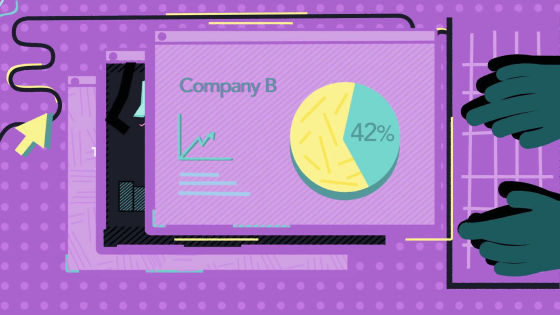
In the United States, 88% of car drivers have shown that they have a driving ability above average. This is happening in all situations, including health, leadership skills, and ethical judgments.

Also interesting is that people without abilities tend to overtrust their abilities. From logical reasoning, grammar, financial knowledge, mathematics,
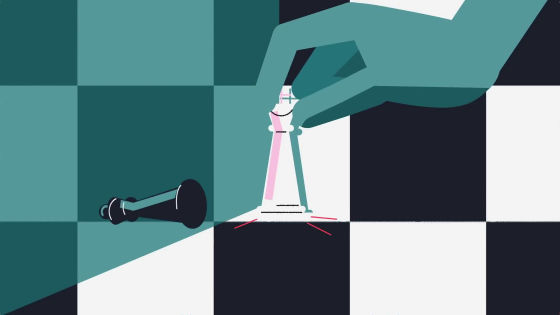
So what types of people are more likely to have such illusions? Unfortunately, we all have this trend. Many of us have “bad things that I don't recognize”.
Two researchers, David Dunning and Justin Kruger, first announced this in 1999. They thought, “People suffer from two calamities because they don't have knowledge or skills in a particular area.”
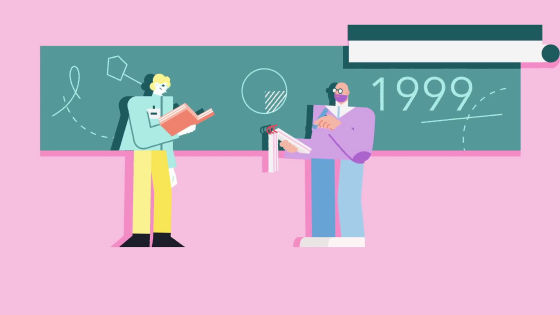
One is that people don't have knowledge and skills, so people make mistakes and make wrong decisions. For example, when playing guitar ...

If you don't have knowledge or skills, you can't perform well.

To make matters worse, it is difficult for people with low abilities to even notice how bad their performance is. Therefore, even if it is a terrible performance, the situation will continue to play endlessly without remembering.
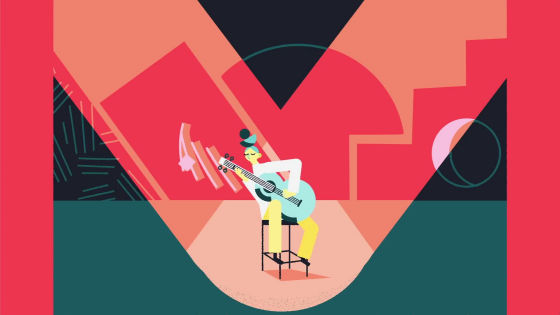
In one study, university students were divided into two groups for a debate tournament.
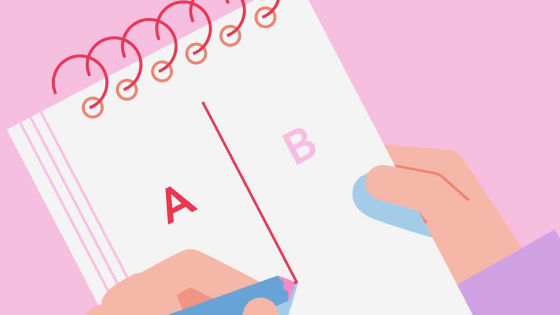
Then, among the lower 25% who lost 4 games out of the 5 games played in the qualifying, nearly 60% of people think that they have won.
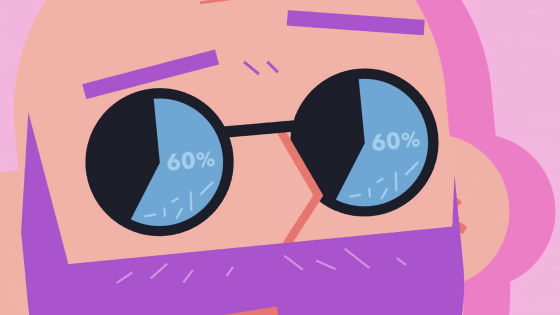
The rules weren't as clear as in basketball, so the students didn't know how and when the discussion broke down.
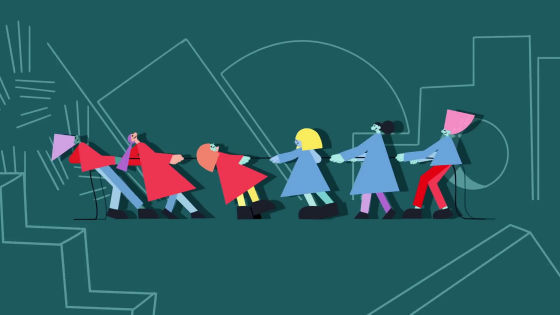
However, in another study, students who gave bad results in the logic quiz were given a lecture on logic, and found that they disliked their performance.
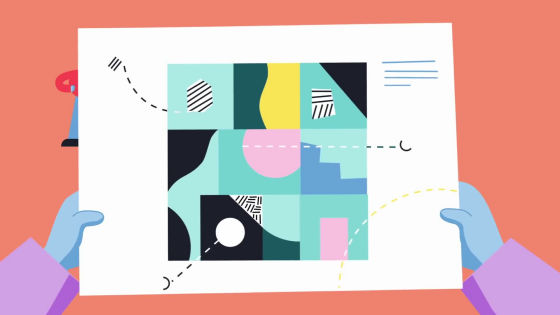
In other words, by accumulating experience and expertise, in other words, “knowing enough that you do not know”, people will not overestimate themselves.
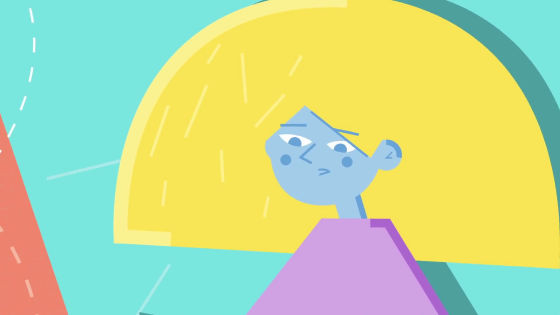
And experts who have the right amount of knowledge know how to make mistakes different from amateurs. In other words, they think that “people know what I know”. Even though I am round and other people are in various shapes ...

I think 'Everyone will be round.' For one thing, both serious people and professionals fail to recognize themselves correctly. If you don't have the ability, you won't notice your failure. If your ability is high, you won't notice your ability.

The Danning-Kruger effect is well understood from the outside, but it is hard to realize that it is from itself. So how can we do the right self-awareness?
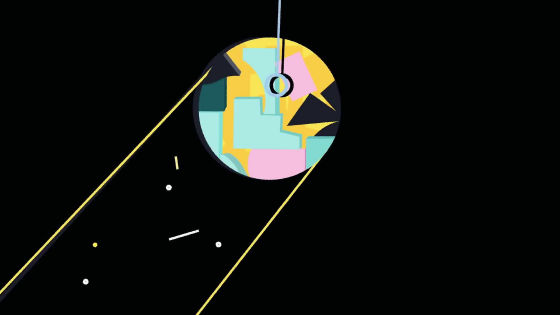
One way is to ask for feedback from others. At that time, listen to things you don't want to listen to, and think carefully.

And more importantly, “continue studying”. As you become more knowledgeable, you are less likely to be trapped by foolish dominance and can recognize things correctly.

Related Posts:
in Video, Posted by darkhorse_log







